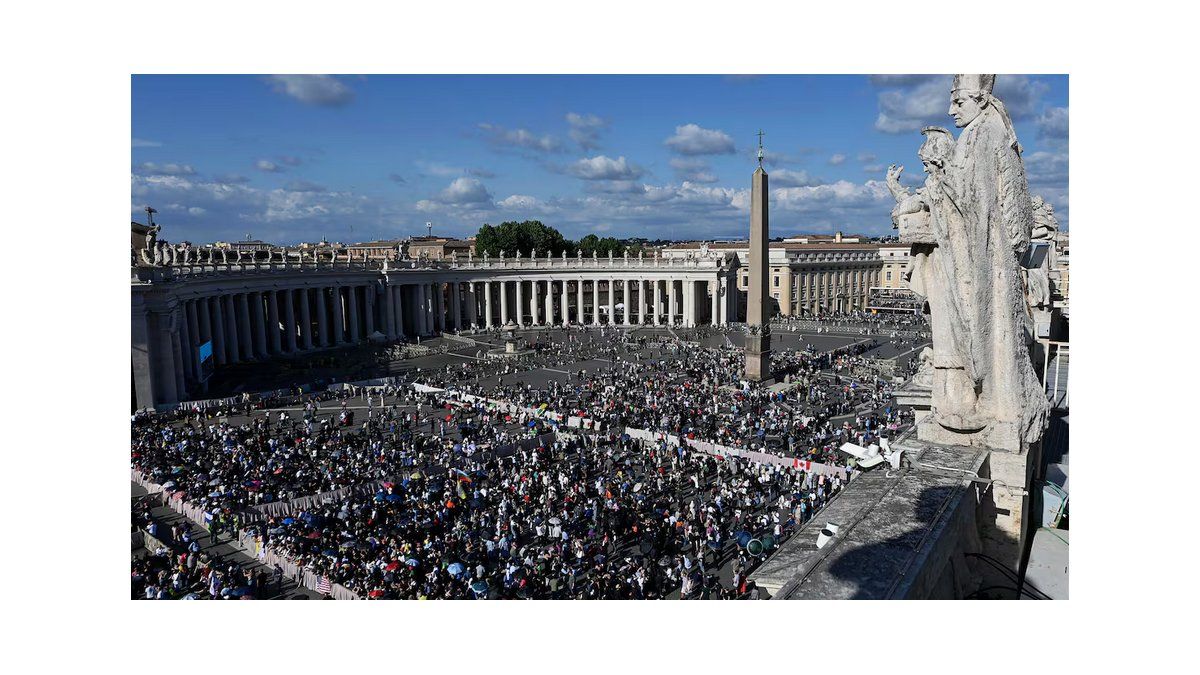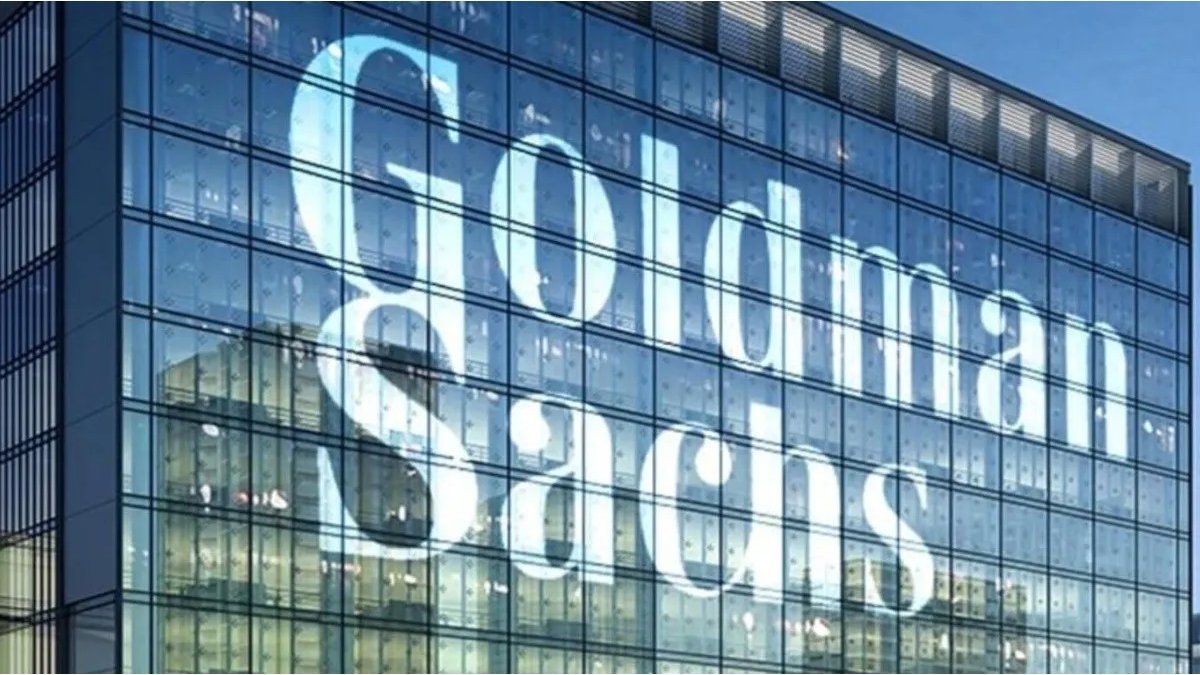I have been working in the news industry for over 6 years, first as a reporter and now as an editor. I have covered politics extensively, and my work has appeared in major newspapers and online news outlets around the world. In addition to my writing, I also contribute regularly to 24 Hours World.
Menu
Budget debate: The unfinished traffic light budget with “hopeful items”
Categories
Most Read
Protest: “No Kings”: Americans take to the streets against Trump
October 18, 2025
No Comments
Protest: Americans are taking to the streets again against Trump
October 18, 2025
No Comments
Driving license: These measures should make it cheaper
October 18, 2025
No Comments
Drone sightings: Large majority in favor of shooting down illegal drones, according to survey
October 18, 2025
No Comments
Donald Trump’s government is going to court in the dispute over the National Guard
October 18, 2025
No Comments
Latest Posts

Due to lower sales in supermarkets, mass consumption fell 4.4% in September
October 18, 2025
No Comments
October 18, 2025 – 20:54 Activity in pharmacies also contracted. In contrast, there was a good performance of e-commerce and independent self-services. Mariano Fuchila After

New Vatican report denounces retaliation against victims of sexual abuse
October 18, 2025
No Comments
October 18, 2025 – 20:16 The document points out regional inequalities, calls for economic reparations and proportional sanctions for those responsible. For the first time,

Goldman Sachs projects continuity in the rise of stocks in emerging markets: which ones top the list
October 18, 2025
No Comments
October 18, 2025 – 19:36 The investment bank anticipates sustained growth over the next 12 months, with an emphasis on Asia and other selected markets.
24 Hours Worlds is a comprehensive source of instant world current affairs, offering up-to-the-minute coverage of breaking news and events from around the globe. With a team of experienced journalists and experts on hand 24/7.

